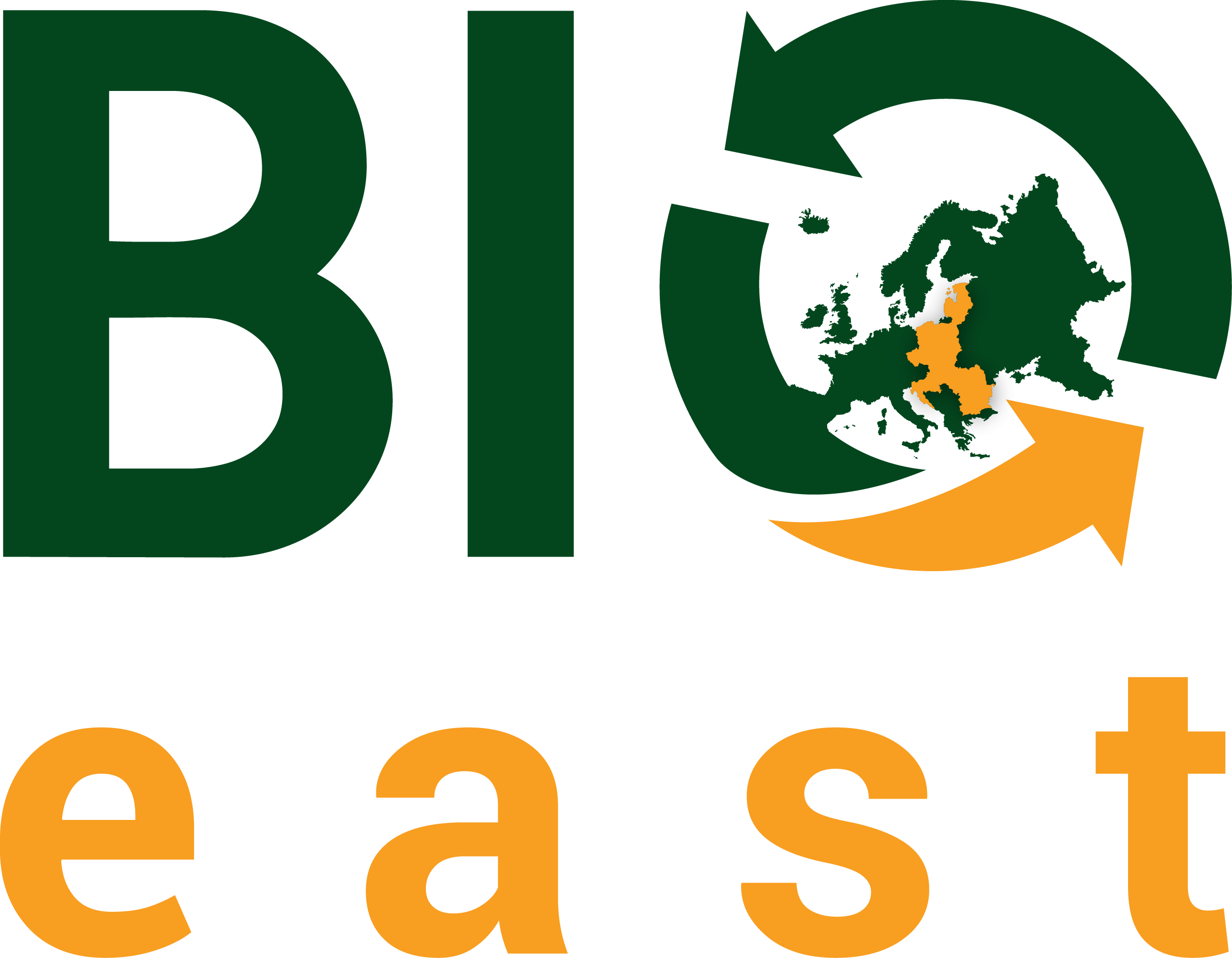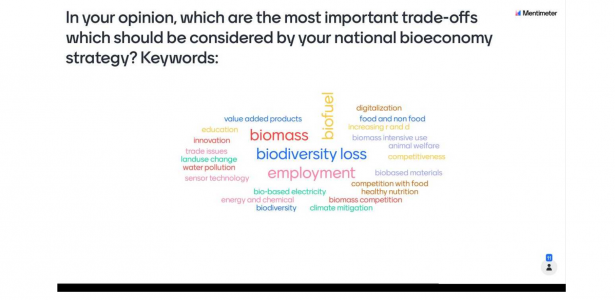BIOEASTsUP project facilitated a breakout session “The role of the bioeconomy in developing countries” within the Workshop: “Rebooting the economy – sustainability, growth, and climate action delivered by the bioeconomy” held on 18 November 2020 at the Global Bioeconomy Summit 2020.
The Global Bioeconomy Summit 2020 is a high-level international conference and one of the most prestigious international platforms in the topic. Its aim is provide global review, discuss emerging opportunities and challenges of the bioeconomy and develop visions for the future development of a sustainable bioeconomy . The third event after 2016 and 2018 was taking place in the form of a virtual conference on November 16-20, 2020.
There is a general agreement among different stakeholders that the reality of global environmental problems and the COVID-19 are not only threats but opportunities to transform the economy and society. „In these circumstances the bioeconomy has emerged as a globally impactful transformative force in industries and manufacturing on the supply side, and as a transformative force for consumption change and waste reduction on the demand side.”, reads the Communiqué of the Global Bioeconomy Summit 2020.
The workshop on “REBOOTING THE ECONOMY – SUSTAINABILITY, GROWTH, AND CLIMATE ACTION DELIVERED BY THE BIOECONOMY” was opened by four panellists from around the world, Mr. Jean Rottner from Grand Est Region, Mr. Blake A. Simmons from North America, Ms. Anne Bogdanski representing the developing countries, and Ms. Sinegugu Banda from South Africa ( EU All-Atlantic Youth Ambassador).Thus, the importance of bioeconomy in the economic recovery after COVID19 was presented from very different perspectives.
Within the workshop the BIOEAST Initiative and BIOEASTsUP project facilitated a breakout session, sharing the experiences of BIOEAST countries on the role of the bioeconomy. The speakers on this specific session were intervening from Croatia, Hungary, Finland, Germany, Greece, Poland, coming from the project partner institutions in the BIOEASTsUP project financed by the Horizon 2020 programme, namely Barna Kovacs (BIOEAST), Markus Lier (Luke), Biljana Kulišić (EIHP), Stelios Rozakis (IUNG), Magdalena Borzecka (IUNG).
The aim of the workshop was (1) to share the experience of the BIOEAST countries with strong biomass potential and existing biobased sectors, but currently with no explicit national bioeconomy strategies, as well as (2) to explain possible pathways on how to identify suitable objectives and monitoring indicators for bioeconomy strategies’ development. Biljana Kulišić (Energy Institute Hrvoje Pozar, Croatia) and Markus Lier (Natural Resources Institute Finland) reflected on how statistical data may be used to provide evidence-on the existing sectors, to develop strategic options and evaluate the most suitable transition paths to the bioeconomy in coherence with existing policies with special focus on sustainability including social aspects, climate neutrality and adaptation to the climate change. Online tools were used to collect the immediate reactions and feedback of the workshop participants, managed by Boris Vashev (FNR) and Jerzy Kozyra (IUNG). The attendees the actively used the interactive tool and provided valuable feedback. They stated that, a set of national defined bioeconomy monitoring indicators can be helpful for policy makers to evaluate the success of a bioeconomy against the set aims, goals and targets. Further, they underlined the importance to link the national bioeconomy strategies with climate change adaptation and mitigation, agriculture and rural development, biodiversity and environment protection and industry policies. Also, the importance of different pathways for bioeconomy transition were ranked and potential trade-offs and contribution of national bioeconomy strategy to the transformative climate action were highlighted.
As Mr. Barna Kovacs BIOEAST Initiative’s Secretary General pointed out the BIOEAST countries have high biomass potential but in order to exploit this potential and develop sustainable solutions still lot of research and innovation, and the political level commitment is required. It is critical to move forward from the business-as-usual scenario towards sustainable and circular (bio)economy. The main conclusions of the presentation were that (1) there is a difference between having potential and realization of this potential and (2) the agreement on goals and definition of safe and just systems are the prerequisites to start to develop bio-based pathways for transition.
The outcomes of the Working group “The role of the bioeconomy in developing countries” facilitated by the BIOEASTsUP project were presented to the workshop participants by Stelios Rozakis (IUNG). The workshop recording is available at: https://gbs2020.net/recordings/.


